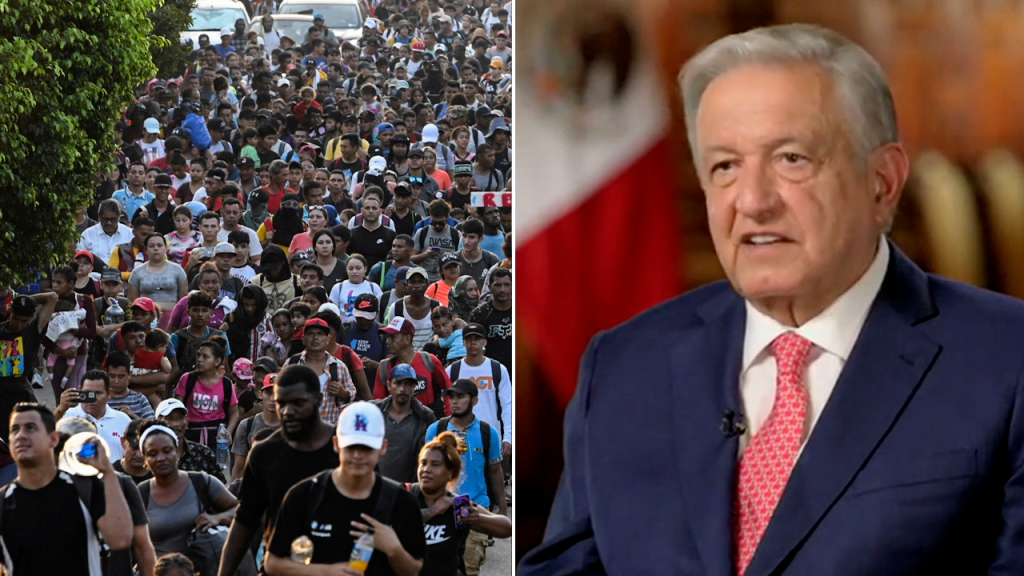FBI Director Christopher Wray recently met with the Senate Appropriations subcommittee to request $11.3 billion in funding for FY25, emphasizing the need for increased cooperation from Mexico to combat drug cartels and prevent the flow of narcotics into the U.S. Senator John Kennedy questioned Wray about President López Obrador’s alleged ties to the cartels and corruption within the Mexican government. Wray expressed gratitude for the successes in extraditions and cooperation with Mexico but stressed the necessity for more actions to shut down the cartels and stop the flow of precursors.
After Claudia Sheinbaum was elected as the first female president of Mexico, concerns were raised about the potential impact of her leadership on U.S.-Mexico relations. Sheinbaum, a left-wing activist with a background in academia and activism, is expected to maintain the tough stance towards the U.S. taken by her predecessor, President López Obrador. Despite some areas of cooperation between the two countries, disagreements persist on issues like illegal immigration and drug production in Mexico, with López Obrador threatening an “information campaign” against Republican politicians.
Andres Martinez-Fernandez, a senior policy analyst at The Heritage Foundation, warned that Sheinbaum’s progressive background and alignment with the Mexican left suggest a continuation of López Obrador’s policies. President Biden congratulated Sheinbaum on her election and expressed optimism about working together to strengthen the relationship between the U.S. and Mexico. Martinez-Fernandez emphasized the importance of maintaining ties between the two nations and addressing shared concerns such as border security and drug trafficking.
Wray highlighted the need for increased cooperation and support from Mexico to combat drug cartels as he testified before the Senate subcommittee. Despite some successes in extraditions and other joint efforts, the FBI director stressed the urgency of more comprehensive action to effectively shut down the cartels and prevent the trafficking of drugs and precursors. The recent election of Sheinbaum as Mexico’s new president has raised concerns about the future of U.S.-Mexico relations, given her progressive background and alignment with López Obrador’s policies.
The ongoing challenges posed by powerful drug cartels in Mexico, coupled with the influx of illegal immigration into the U.S., underscore the importance of enhanced collaboration between the two countries. While the Biden administration has emphasized areas of cooperation with Mexico, disagreements persist on key issues related to border security and drug production. Sheinbaum’s election as Mexico’s first female president has prompted discussions about the potential impact of her leadership on bilateral relations and efforts to tackle shared challenges in the region.
President Biden’s congratulatory message to Sheinbaum and the Mexican people emphasized the importance of democratic processes and cooperation between the U.S. and Mexico. Despite potential areas of disagreement, both countries have expressed a commitment to working together to address common concerns and promote stability in the region. As the new Mexican leadership takes office, the future of U.S.-Mexico relations remains uncertain, with the need for continued dialogue and cooperation to address shared challenges and promote security and prosperity in the region.


